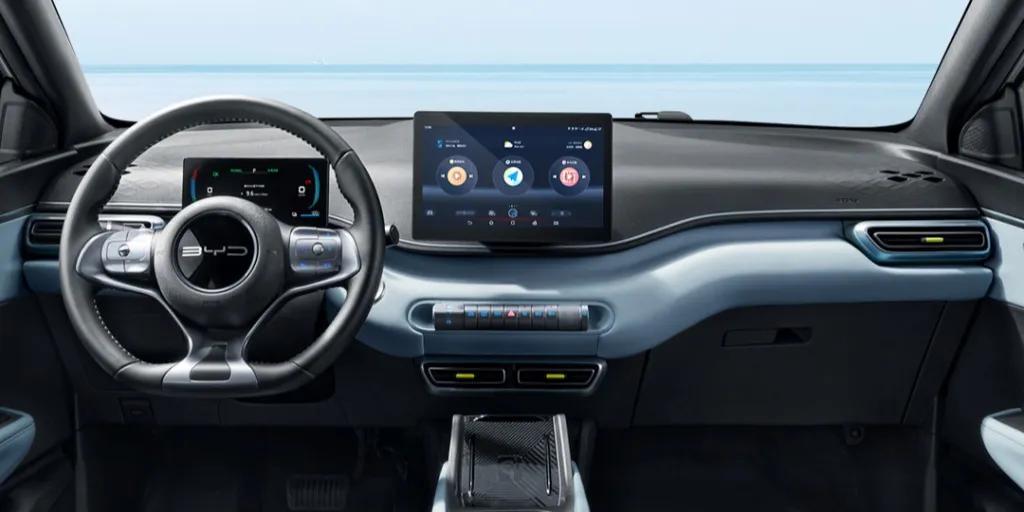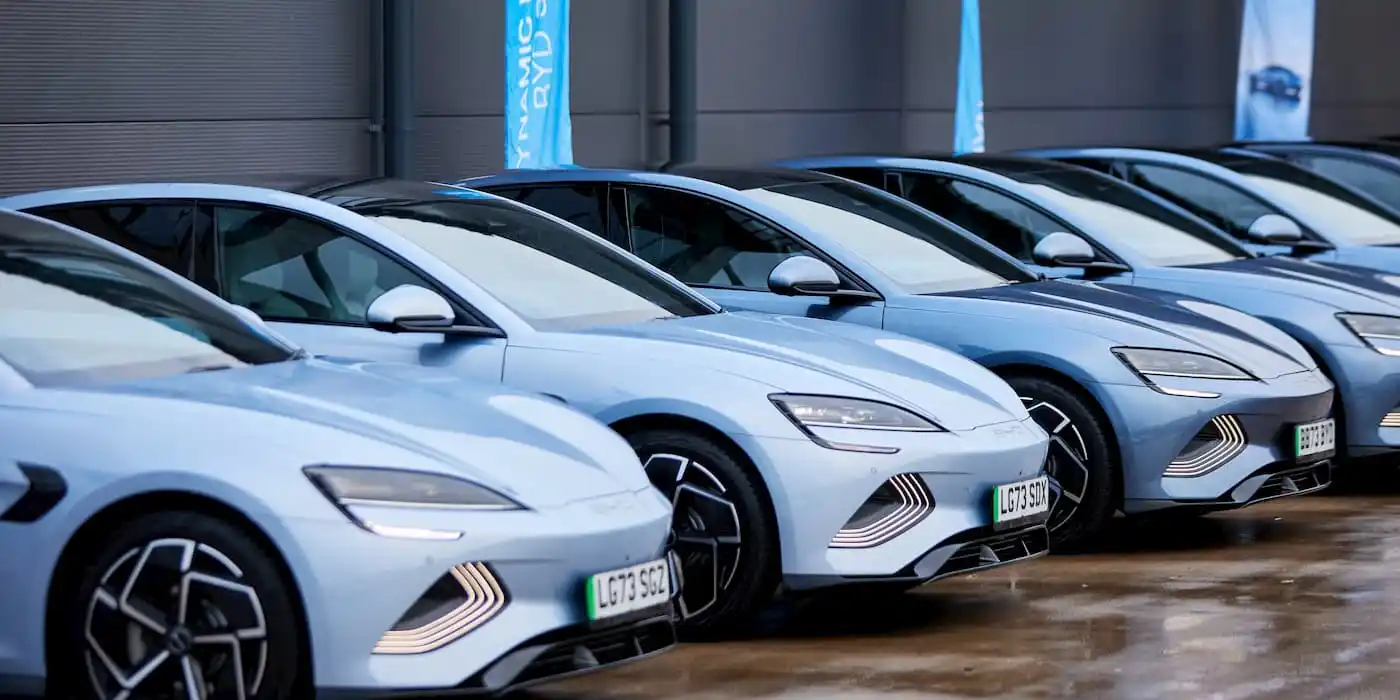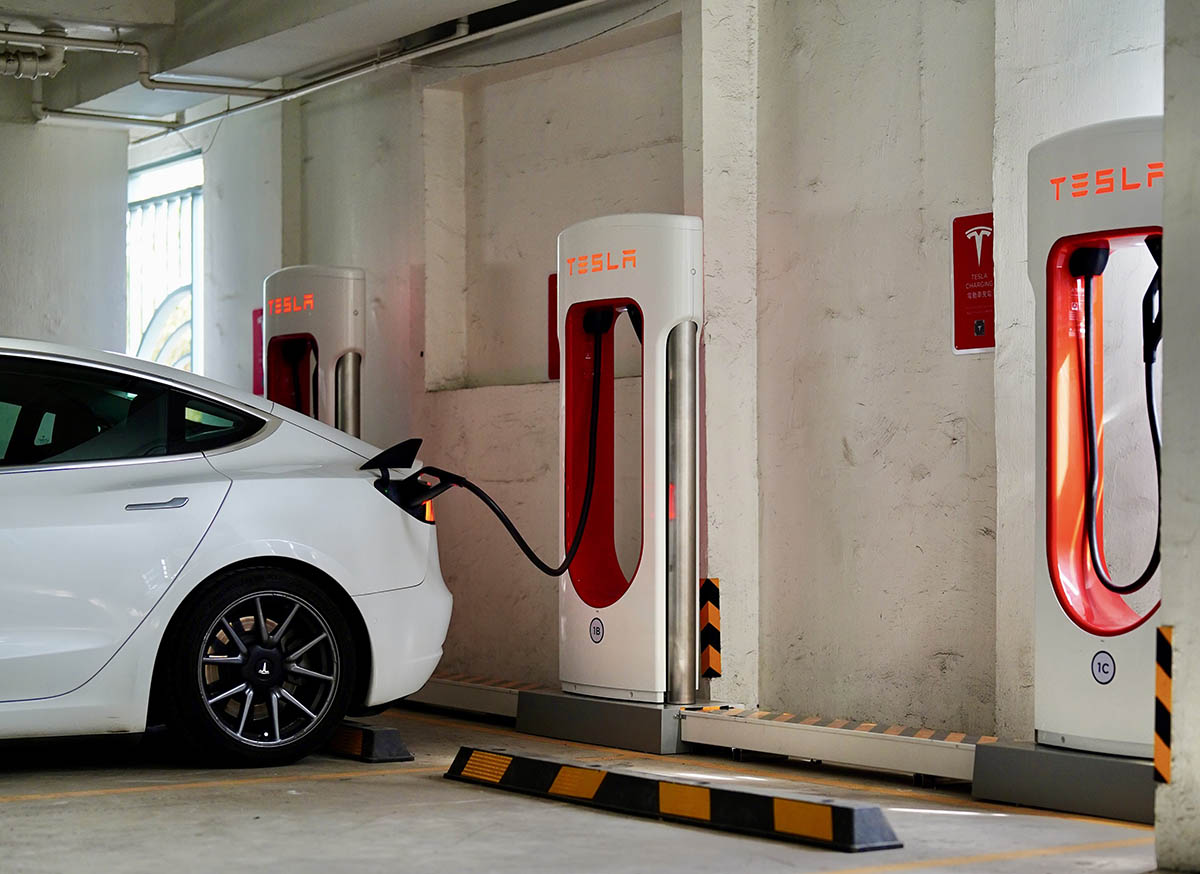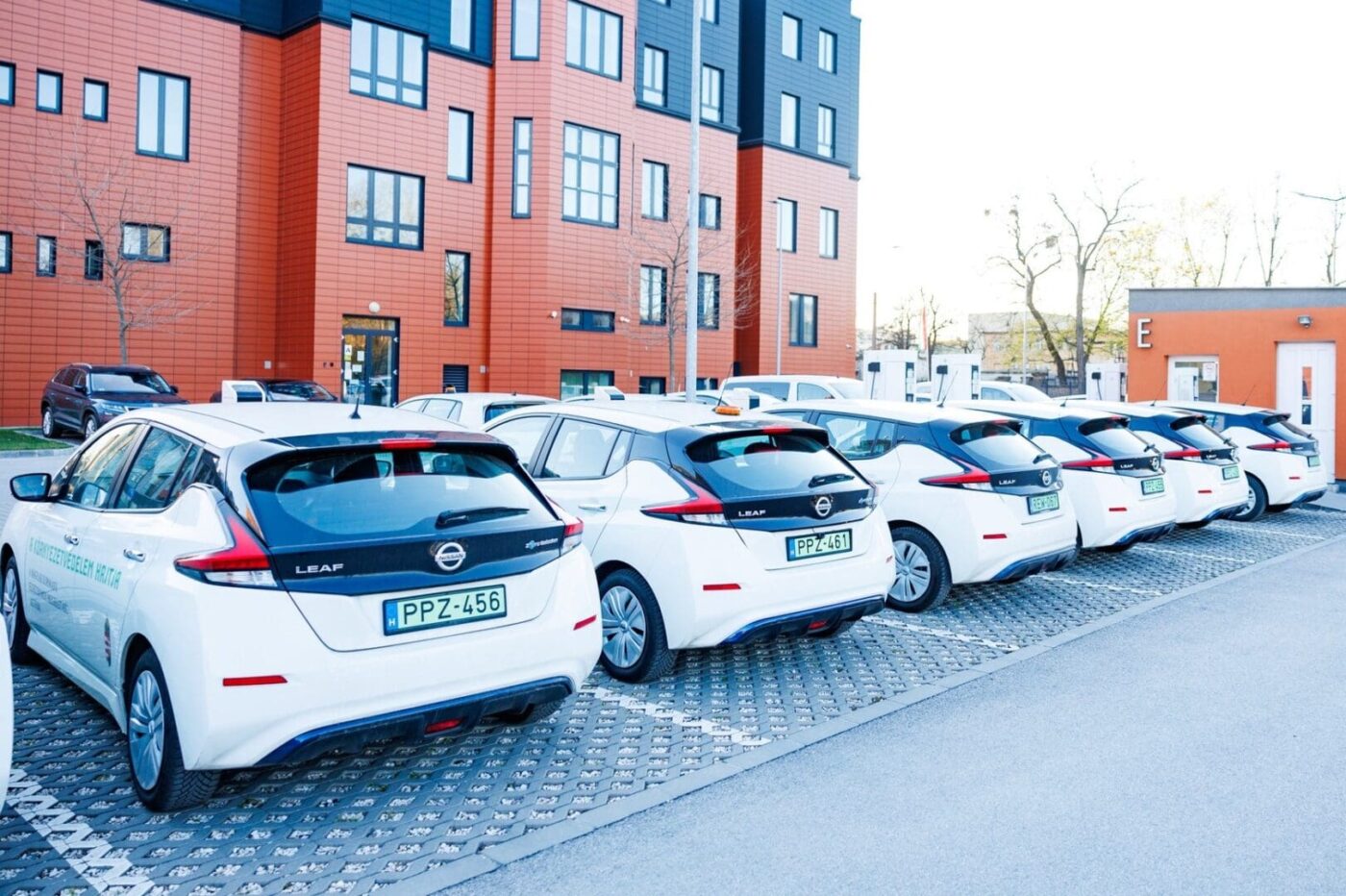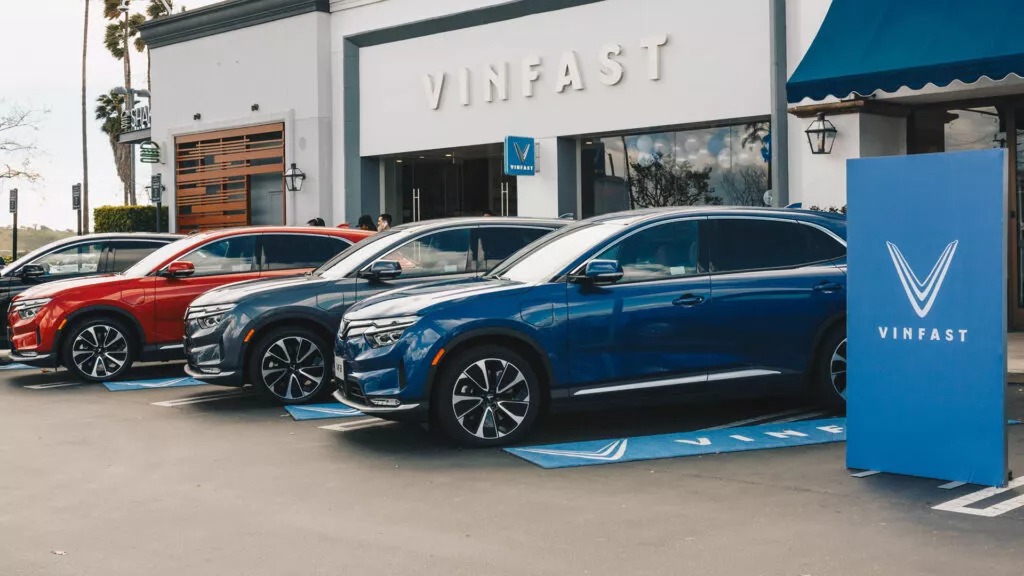The U.S. Commerce Department is set to unveil proposed rules next month concerning connected vehicles, including measures that could restrict software originating from adversarial nations such as China, a senior official announced on Tuesday.
“We’re looking at a few components and some software – not the whole car – but it would be some of the key driver components of the vehicle that manage the software and manage the data around that car that would have to be made in an allied country,” said Alan Estevez, under secretary for industry and security at the Commerce Department, speaking at a forum in Colorado.
The move follows earlier warnings from Commerce Secretary Gina Raimondo, who indicated potential severe actions against Chinese-connected vehicles amidst ongoing national security concerns. In February, the Biden administration initiated an investigation into whether Chinese vehicle imports posed significant risks to national security.
Estevez’s remarks mark a definitive stance on the administration’s strategy regarding Chinese vehicles, which has sparked widespread apprehension within industry circles.
Connected cars, equipped with integrated network hardware enabling internet connectivity, raise particular security concerns due to their capability to transmit data both internally and externally.
“A car is a very scary thing. Your car knows a lot about you. Your car probably gets a software update, whether it’s an electric vehicle or an autonomous combustion engine vehicle,” Estevez remarked, emphasizing the seriousness of the security threat.
“A modern car has a lot of software in it. It’s taking lots of pictures. It has a drive system. It’s connected to your phone. It knows who you call. It knows where you go. It knows a lot about you.”
The Chinese foreign ministry has previously defended its vehicle exports, urging the United States to uphold principles of fair competition and market economy laws. It contends that Chinese vehicles have gained global popularity through competitive innovation in technology.
In response to the potential risks posed by compromised vehicle software, Raimondo highlighted the hypothetical dangers of mass software malfunctions: “you can imagine the most catastrophic outcome theoretically if you had a couple million cars on the road and the software were disabled.”
Currently, there are relatively few imports of Chinese-made light-duty vehicles in the United States. The Biden administration has proposed significant tariff increases on Chinese electric vehicles and other goods, slated to take effect by August 1.

